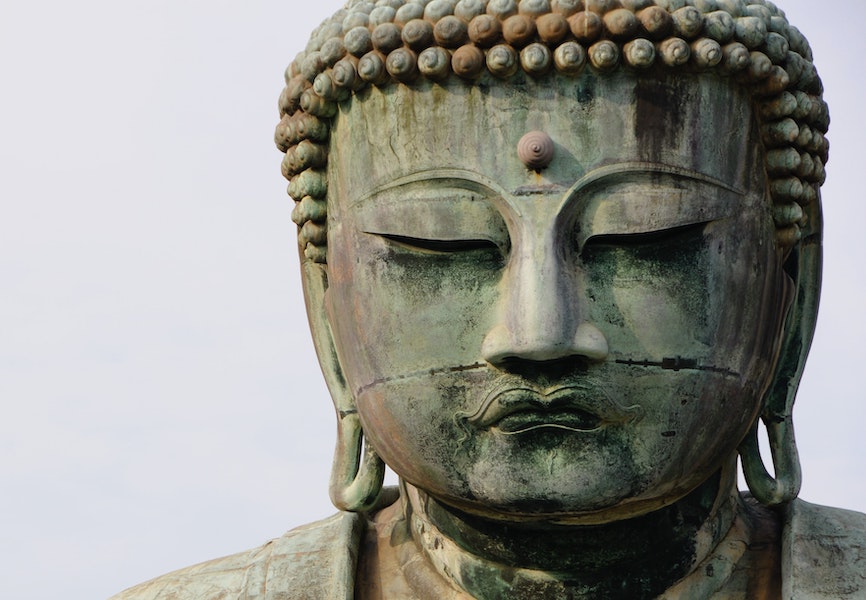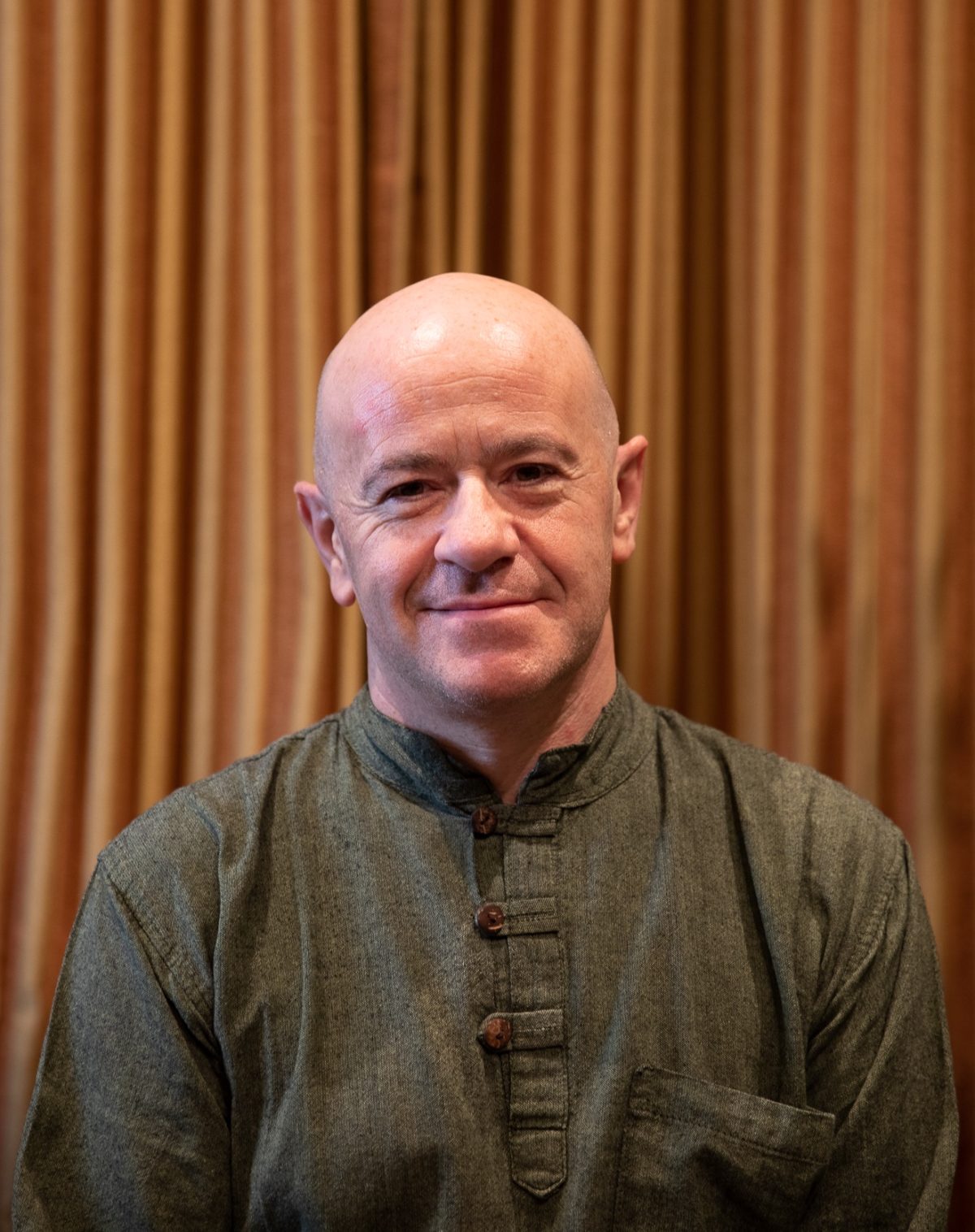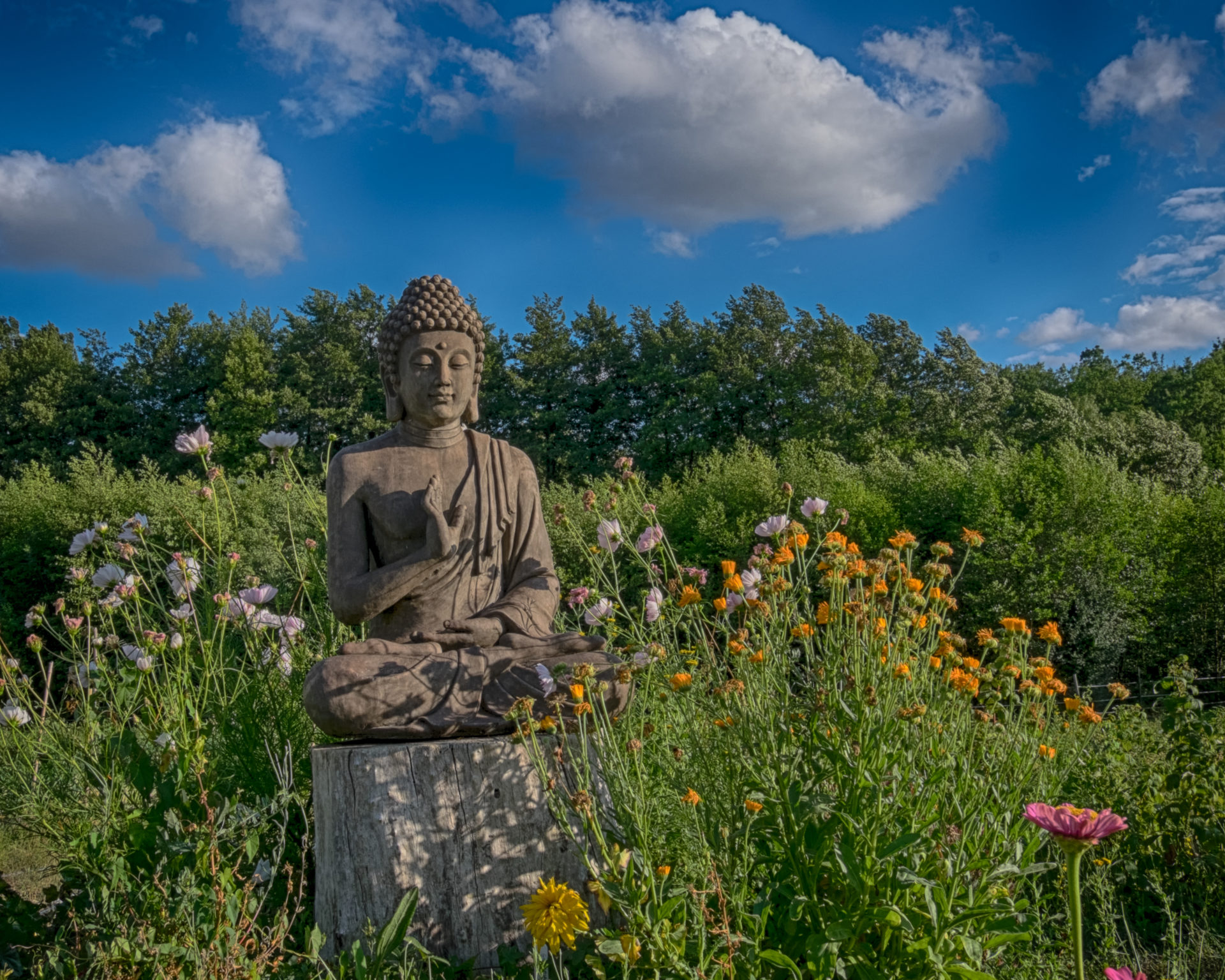By Paddy Brosnan

Brother Phap Bieu shared that as we all live, practice, and serve in community together, it can be useful to practice with the mind of “non-self confidence.
A few years ago, I spent some time in Plum Village. While I was there, I came across a teaching from Thay about having a mindful day every week.
By Paddy Brosnan

Brother Phap Bieu shared that as we all live, practice, and serve in community together, it can be useful to practice with the mind of “non-self confidence.
A few years ago, I spent some time in Plum Village. While I was there, I came across a teaching from Thay about having a mindful day every week. I decided that this would be my New Year’s resolution for that coming year, and it turned out to be one of the few resolutions I’ve ever stuck with.
I pick a day that is not filled with things to do. Maybe it’s a day when I am not working and not a lot of family stuff needs to be done. I put a reminder, such as a note or a picture, beside my bed the night before in a place where I will see it the moment I wake up.
Before I get out of bed, I spend a few moments lying there and bringing my focus to the sensation of the breath as my chest rises and falls. I allow a smile to form on my face and my body to relax. I gently get out of bed, and as my feet touch the floor, I’m aware of that sensation and all the other sensations in my body. I stand in place for a moment and say to myself, “Today is my mindfulness day, and I am happy.” Then I do my morning mindful meditation as part of my normal routine.
I go about my usual morning activities and remember to be mindful. As I shower, I’m aware of the feel of the water on my body and the smell of the soap or shower gel. While brushing my teeth, I bring my attention to the feel of the brush on my teeth and gums. I drink my tea or coffee and eat my breakfast mindfully, focusing on the smells, tastes, temperature, and textures.
I let my day develop and flow naturally, with as little planning as possible. When the “have-to” thoughts like “I have to do … ” or “I have to go …” come to my mind, I take a moment before acting on them and check that they are actually true. Do I really “have to” do whatever it is right now, or can it wait until tomorrow? I don’t get pushed around by these thoughts or question them. I allow my day to unfold organically and remember to make sure that my mind is focused on whatever I am doing in that moment.
I bring the practice and mindfulness energy to everything I do. If I go for a walk, I make sure I am aware of the movement of my feet and legs. What sounds can I hear? What scents are in the air? What is the quality of the light around me? I might want to get some housecleaning done. Instead of rushing through this task, I bring a mindful quality to it.
I simply ensure that my attention is on whatever I am doing—hoovering, dusting, or sweeping—and that my mind is engaged in that task and doesn’t wander off. When I am interacting with other people, I am present for them. I listen to what they say, and I don’t allow my mind to stray to what I am going to say next. When I speak, I am cognisant of the impact of the words I might use.
In the evening, I set aside some quiet time to read, listen to music, or sit in mindful meditation—whatever gentle activity I like doing. As I lie in bed before I go to sleep, I am grateful for the day I had and the opportunity to live a whole day with ease.
I love my mindful days because they are completely free of stress and schedules; I allow them to unfold because there is a huge sense of freedom and contentment. The main barrier to having a day like this is that most of us feel we just won’t be able to set aside a whole day.
I am not setting aside a whole day to be mindful. I am doing whatever I would normally do, but I am doing it mindfully with attention. I also avoid the nonsense of “false busyness”—the sense I have to do this or go there. When I question these impulses, I find that most times they aren’t true, and rejecting them will allow me precious time to relax without the anxious feeling of having to rush to the next thing. After a few mindful days, I’m relaxed, and I no longer have a rushing attitude.

Paddy Brosnan is a mindfulness and meditation teacher and author. He is also the Spiritual Director of The Other Shore Sangha, a small Sangha in Dublin, Ireland.

